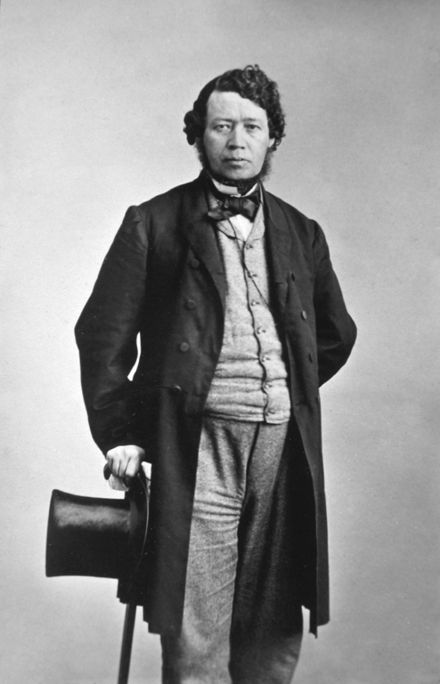1868
The assassination of D’Arcy McGee
Assassinations are a rare thing in Canada. It’s not that we lack guns, or loons willing to use them to kill their fellow countrymen — it’s that we don’t respect politicians enough to think that it would make any difference murdering one of them. In 1868 someone made an exception for D’Arcy McGee.
McGee (1825-68) was born Ireland to a Catholic family of the lower middle class and grew up steeped in Irish nationalism. The young man dreamed of an Ireland free of British rule and when he emigrated to the United States in his late teens he found work in Boston editing a newspaper for Irish Catholics. In it he espoused republicanism, self-determination for Ireland, and the absorption of Canada (then a collection of British colonies) into the U.S.A. McGee returned to Ireland and took part in radical politics, attempting in 1848, the great Year of Revolutions, to arouse Irishmen into rebellion. He found few followers and returned to Boston.
In the 1850s McGee seems to have drifted rightward in his politics, growing disillusioned with republicanism as he saw it in the U.S., and becoming more devout in his Catholicism. In 1857 he migrated to Canada East and settled in Montreal. He took a law degree and entered political life. He opposed both the ultra-Protestantism of the Orange Lodge and the Fenian movement in North America that sought to use armed force to oppose Britain; his new loyalties lay in Canada. To that end, he worked for a union of British North America, serving as a delegate to the Quebec and Charlottetown conferences that laid the groundwork for Confederation. When Canada was formed as an independent nation in 1867 he was elected as an M.P. for a Montreal constituency.
Thousands of Irish soldiers discharged from the armies of the American Civil War were gathering on the border with Canada, and had been launching raids across the line. McGee’s opposition to Fenianism had made him dangerous enemies and, on the night of April 7, 1868 one of them shot him as he entered his boarding house. Suspicion fell on Thomas Whelan who possessed a .32 calibre pistol like that which ended McGee’s life. A jury found him guilty and he was hanged in 1869, always declaring his innocence.
